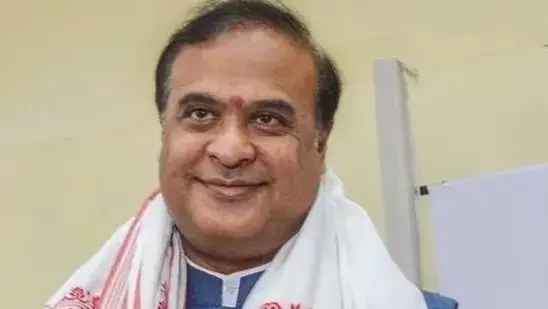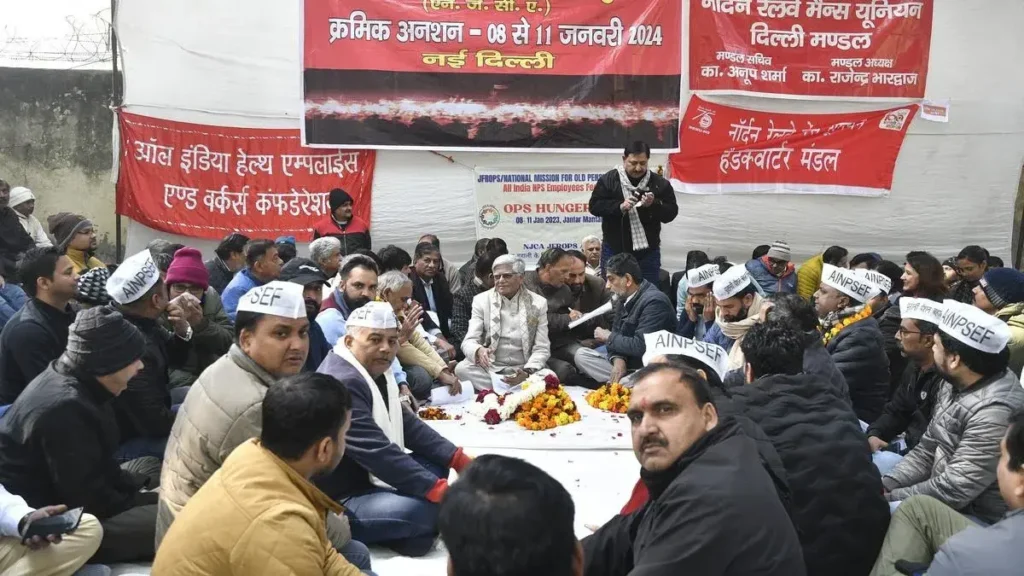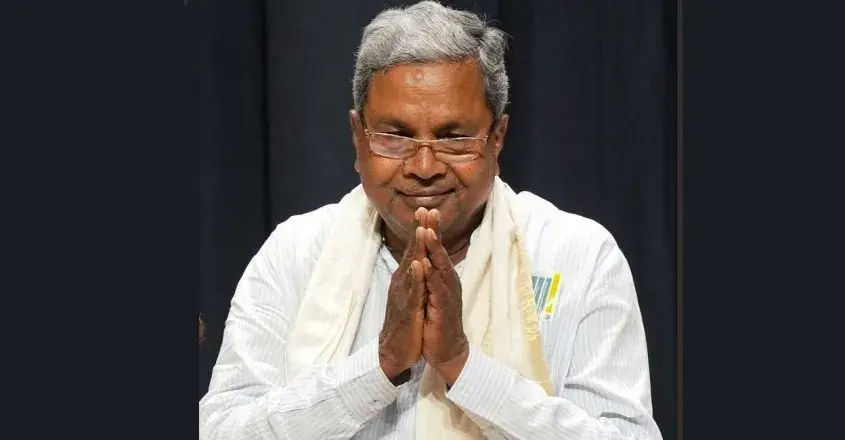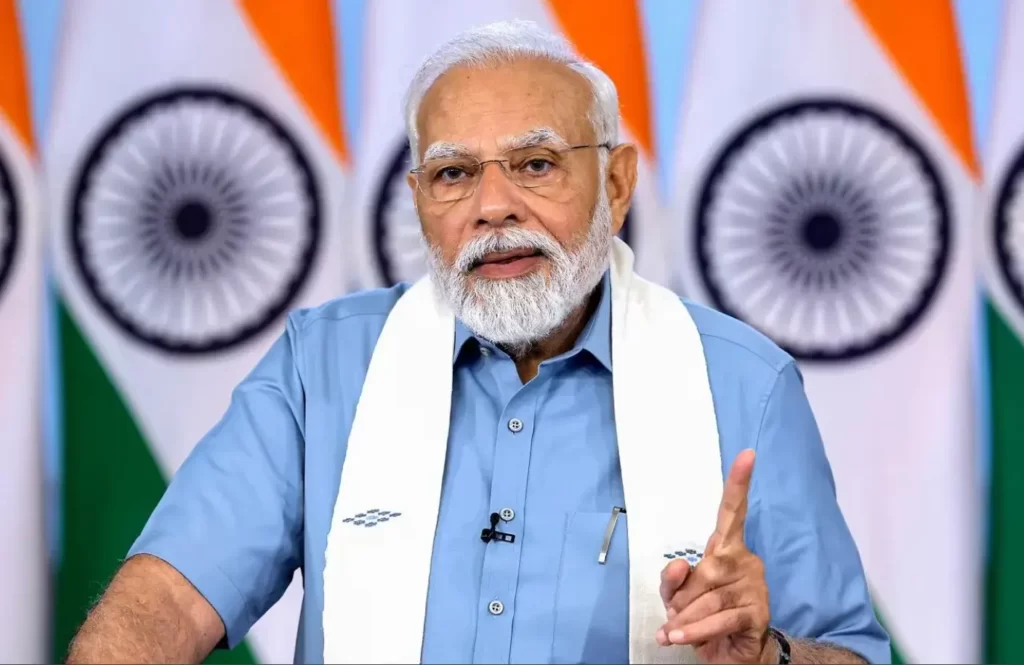Maharashtra Becomes First State to Implement Unified Pension Scheme for Employees
In a significant move ahead of upcoming elections, Maharashtra has become the first state to introduce the Unified Pension Scheme (UPS) for its employees, following demands from central government employee organizations for state governments to adopt the scheme. The decision came just 24 hours after the Union Cabinet approved the UPS, which offers 50% of an employee’s average salary from the last 12 months as pension, with inflation adjustments and additional benefits. The scheme is designed to address the demands of government employees who joined service in 2004 or later, offering a viable alternative to the Old Pension Scheme (OPS). While 23 lakh central government employees are set to benefit from the UPS, the number could rise to 90 lakh if all states implement the scheme. Top representatives of central government employees have urged states to adopt the UPS and avoid politicizing the issue. Although they consider OPS the best option since it did not require employee contributions, they expressed satisfaction with the new UPS, noting that it incorporates 90% of the OPS features. Shiv Gopal Mishra, of the All India Railwaymen’s Federation, emphasized the practicality of the UPS given the current economic scenario. The panel reviewing the National Pension System (NPS), led by Cabinet Secretary-designate T V Somanathan, highlighted that the UPS template can be replicated by states and would benefit over 99% of employees currently covered under NPS. JCM chief M Raghavaiah called for more states to implement the UPS and urged the government to reduce the service requirement for guaranteed pensions from 25 years to 20 years. He also suggested that the lump sum payment at retirement should be based on one-fourth of an employee’s monthly pay over the last six months. The scheme is expected to particularly benefit over eight lakh railway employees who have joined service in the past 20 years. Addressing concerns about political implications, a senior representative emphasized that the welfare of government employees should not be a partisan issue. Source: Al Jazeera
Maharashtra Becomes First State to Implement Unified Pension Scheme for Employees Read More »







